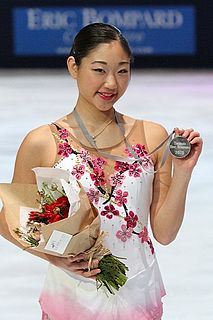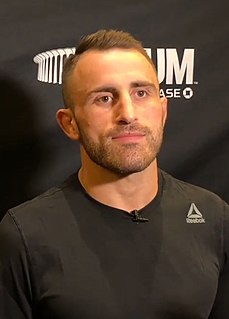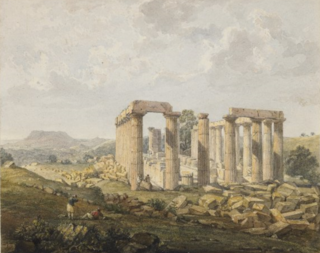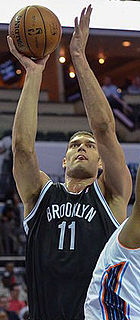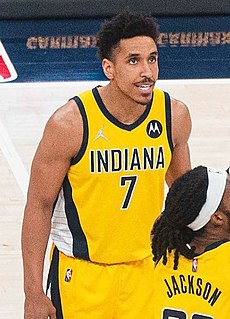A Quote by Mirai Nagasu
Related Quotes
Pride in one's own race - and that does not imply contempt for other races - is also a normal and healthy sentiment. I have never regarded the Chinese or the Japanese as being inferior to ourselves. They belong to ancient civilizations, and I admit freely that their past history is superior to our own. They have the right to be proud of their past, just as we have the right to be proud of the civilization to which we belong. Indeed, I believe the more steadfast the Chinese and the Japanese remain in their pride of race, the easier I shall find it to get on with them.
They didn't incarcerate the Japanese-Americans in Hawaii. That's the place that was bombed. But the Japanese-American population was about 45 percent of the island of Hawaii. And if they extracted those Japanese-Americans, the economy would have collapsed. But on the mainland, we were thinly spread out up and down the West Coast.
I recently wrote a piece on comics in architecture - I was talking about the three kinds of comics I pay attention to: the Franco-Belgian, the Japanese manga, and the American comics. I started thinking about the relationship between Japanese manga and Japanese architecture, or Franco-Belgian bande dessinée versus Franco-Belgian architecture, it began to make sense; there are parallels to the modes of operations and the cultures they belong to. If I didn't force myself to write, I would have no forum to clarify these thoughts. Writing is really helpful.
